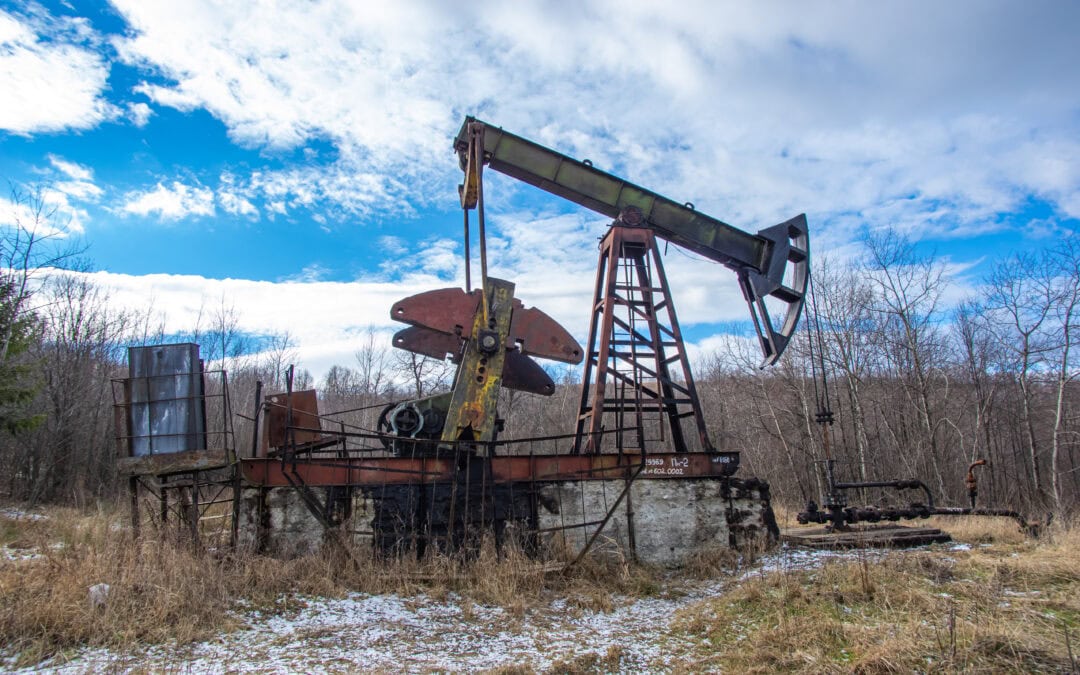Historic oil and gas operations in Louisiana didn’t just pump minerals; they often left behind serious damage and pollution. Abandoned wells can leak oil into your soil. Old pipelines can corrode and taint groundwater. Waste pits can release toxins that harm crops, livestock, and your family’s health.
For Louisiana landowners, dealing with this damage can be daunting, time-consuming and expensive, but they don’t have to do it alone. A Legacy litigation attorney can investigate and file a claim to hold past operators accountable. Depending on the extent and source of the damage, landowners may be entitled to compensation for cleanup costs, crop loss and even reduced property value.
In this guide, we’ll walk you through the key points of Legacy claims, from defining your rights to choosing the right attorney. By the end, you’ll know how to protect your land, recover lost payments, and move forward with confidence.
Landowner Rights & Legacy Litigation
Legacy litigation refers to legal claims that arise from historic oil and gas operations. Over decades, wells, pipelines, and waste pits can leave behind pollution and property damage.
In Legacy litigation, Louisiana landowners can demand cleanup of decades-old pollution and seek compensation for soil and water contamination. By exercising these rights, landowners protect their property, secure fair compensation, and hold negligent oil and gas companies accountable for historic harms.
Common Issues in Historic Oil & Gas Claims
Historic oil and gas operations often leave a tangled web of problems that can surface long after drilling stops. Understanding these common issues puts landowners in a stronger position to demand cleanup and compensation.
Surface Damage
Historic oilfield work often scars the land with drilling pads, access roads, and heavy equipment tracks. Farmers and ranchers may find their fields torn up, fences broken, or drainage patterns altered. When operators fail to restore the surface, landowners lose income and see property values fall. A legacy litigation attorney can help you document soil erosion, crop loss, and repair costs.
Environmental & Safety Concerns
Old wells and pipelines pose hidden risks long after production stops. Corroded pipes can leak oil or gas, while abandoned wells may vent methane or allow saltwater to invade freshwater aquifers. These hazards threaten livestock health, contaminate drinking water, and raise the risk of fires or explosions. Through Legacy litigation, landowners can use environmental rules and safety standards to require operators to test soil and water, plug leaking wells, and clean up spills.
Long-Term Pollution
Waste pits, saltwater sumps, and drilling mud reserves were common on early oil sites. Over time, seepage from these pits can send toxins into nearby fields and waterways. This pollution can render land unusable, block new development, or cut off rental income. Louisiana law allows landowners to seek removal of buried waste and restoration of contaminated land.
Choosing the Right Legacy Litigation Attorney
Selecting the right Legacy litigation attorney can make all the difference in recovering compensation for historic oil and gas harms. A skilled attorney not only understands complex land and mineral rights but also knows how to navigate old records, state regulations, and environmental rules. By choosing an attorney with the right expertise, you strengthen your chances of proving damage, securing cleanup, and protecting your rights.
When to Seek Legal Help
You should consult a Legacy litigation attorney as soon as you suspect old oil or gas operations have harmed your property. Acting fast is extremely important because the law places strict deadlines on when action can be taken. Signs include unexplained soil stains, dead vegetation, or rusty wellheads. Acting early helps your attorney preserve crucial evidence, meet statutory deadlines, and begin negotiations or litigation before records disappear or sites change. Even if you’re unsure about the scope of damage, a quick legal review can clarify your rights and options.
What to Look for in a Legacy Litigation Attorney
An effective Legacy litigation attorney combines deep knowledge of oil and gas law with hands-on experience in environmental and property claims. Look for an attorney who has handled cases involving abandoned wells, historic leases, or surface-damage disputes. Ask how they plan to gather old leases and production records, and whether they work with trusted environmental specialists.
Strong communication skills and prompt responsiveness ensure you stay informed at every stage. Discuss their process for handling your case including who on the team will handle your case, and what you should expect moving forward. Clear answers to these questions give you confidence in your legal partner.
It’s also helpful to have transparency on fees, so inquire about how they charge and what costs you’ll be responsible for if the case goes to trial.
Protecting Your Landowner Rights
When you work with a Legacy litigation attorney, your attorney will gather key documents, including titles, leases, well files, and environmental test results to build your case. Your attorney will send a formal demand letter to operators, outlining needed cleanup and compensation. If they refuse to negotiate, your lawyer will file a petition in court and handle every step of discovery, expert reports, and settlement talks. By working with skilled counsel and staying involved, you protect your land, health, and financial interests as your claim progresses toward fair resolution.
Don’t let historic oil and gas damage go unanswered. Schedule a free, no-obligation consultation with our team at Talbot, Carmouche & Marcello. We’ll explain your rights, map out a clear plan, and handle every detail, from digging up old contracts to pressing operators for cleanup and fair payment.

